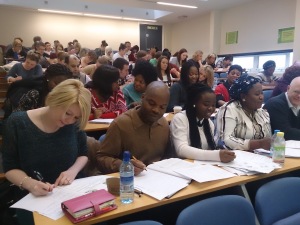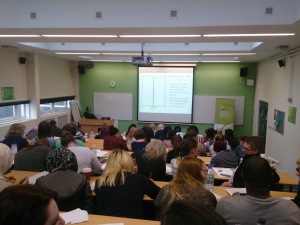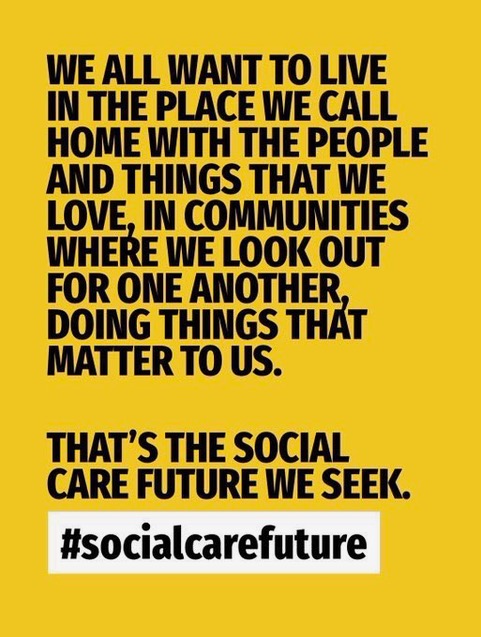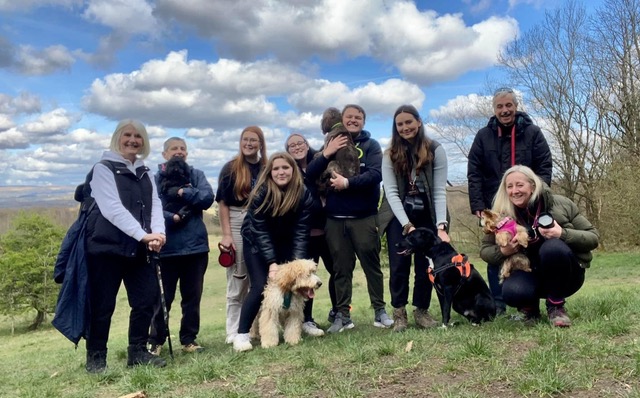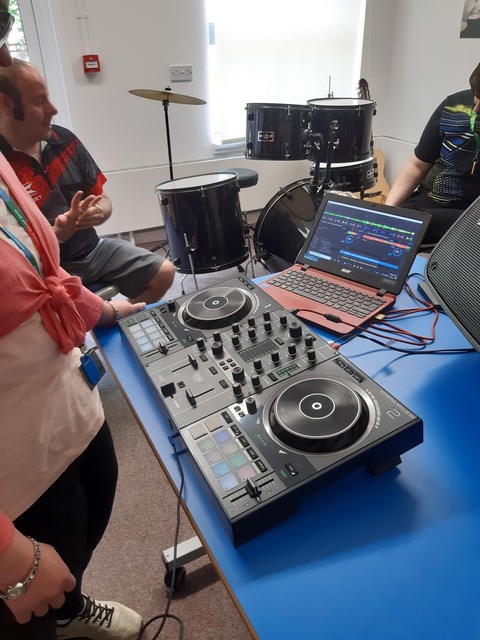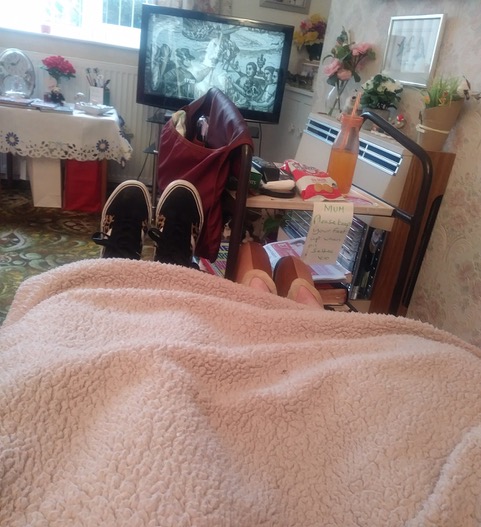Valerie Houghton, Learning Disabilities Lecturer, Salford University

We run a well established joint course at Salford University that teaches students to work with people with learning disabilities. Our completing students leave the course with a degree, a learning disability nurse qualification and a social work qualification. Lots of what we teach is the professional stuff-we want our students to be good in practice-but from recruitment onwards what we are really trying to do is develop students’ value systems and enable them to be advocates for the people they support.
Previously I’ve worked as a Community Nurse Team Leader and a Challenging Behaviour Specialist. My colleagues, similarly, have had positions supporting people directly, working with families, with services and commissioners. Because of our backgrounds we understand the importance of person-centred thinking and of Circles of Support and want to pass this on to the people we teach and train.
Using person-centred thinking tools with our students is something we have been involved in for some time but it was because of a tweet that I saw talking about Community Circles that we have recently introduced this method of support to our students. The tweet simply said “How can we get Circles out there so that more people can benefit without losing quality?” Talk to our students I thought! The people on our course are the future of health 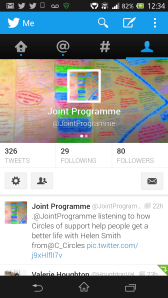 and social care. They are the ones that will be supporting people with learning disabilities, older people, and vulnerable people. They will be service providers and commissioners one day. They will be nurses and family liaison officers. They are the people that we need to teach about Circles so that they can understand the value, learn how to make a Circle work and then share this powerful knowledge with others throughout their careers.
and social care. They are the ones that will be supporting people with learning disabilities, older people, and vulnerable people. They will be service providers and commissioners one day. They will be nurses and family liaison officers. They are the people that we need to teach about Circles so that they can understand the value, learn how to make a Circle work and then share this powerful knowledge with others throughout their careers.
So I got in touch with Circles of Support and this week Helen Smith came and spent the day with us. She talked through some of the person-centred practices they are using in their approach to Circles and talked in more detail about what Circles are and what they can achieve for people.
It was a fantastic day. The students were so excited and passionate about the potential of Circles and this really came across by their enthusiasm and their questions. They could see the value, not just for people they have worked with on placements or may work with in the future, but in their own lives and families. It opened up debates about community and we heard from different faith and cultural perspectives in terms of what people felt the role of community was in people’s lives. We talked about the notion of payment and whether the professionals involved in Circles should be paid or unpaid and we heard from the perspectives of families who believe that having paid people in a Circle helped ensure accountability and a level of distance (which is sometimes needed) was maintained so that the Circle did not become too personal or overbearing to the people involved. We talked in detail about one-page profiles (a tool our students already use) and how these serve as a matching tool enabling people who want a Circle to be matched well with a facilitator. And finally we talked about what skills a Circles Facilitator might need.
This closing exercise was incredibly useful as it gave students the confidence that they actually possess many of the skills needed. Because of the course they are doing and the approach we are teaching, our students are already people that believe in being person-centred, keeping people at the heart of decision making and being person-led and not service led. Seeing that many of the traits and skills they have and are developing on placements and through coursework are shared with the role of the facilitator was very positive for them. We are fortunate enough to have been offered 8 facilitator posts working with Circles of Support and many of our students will be applying. This is incredibly exciting. It will provide great personal and professional development opportunities for those who become facilitators and will give everyone else a solid foundation for their future careers, as they are learning how powerful a small group of people working together for a common goal can be!
This blog site is brought to you by Community Circles. If you want to learn more about Circles of Support from Community Circles, like us on Facebook and follow us on Twitter.

